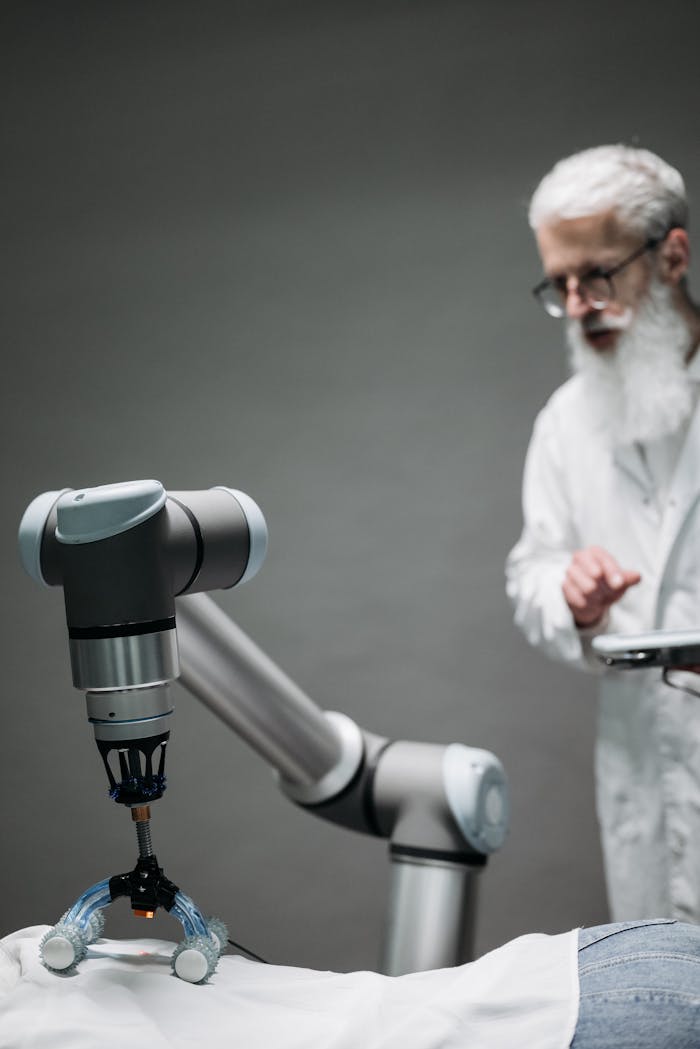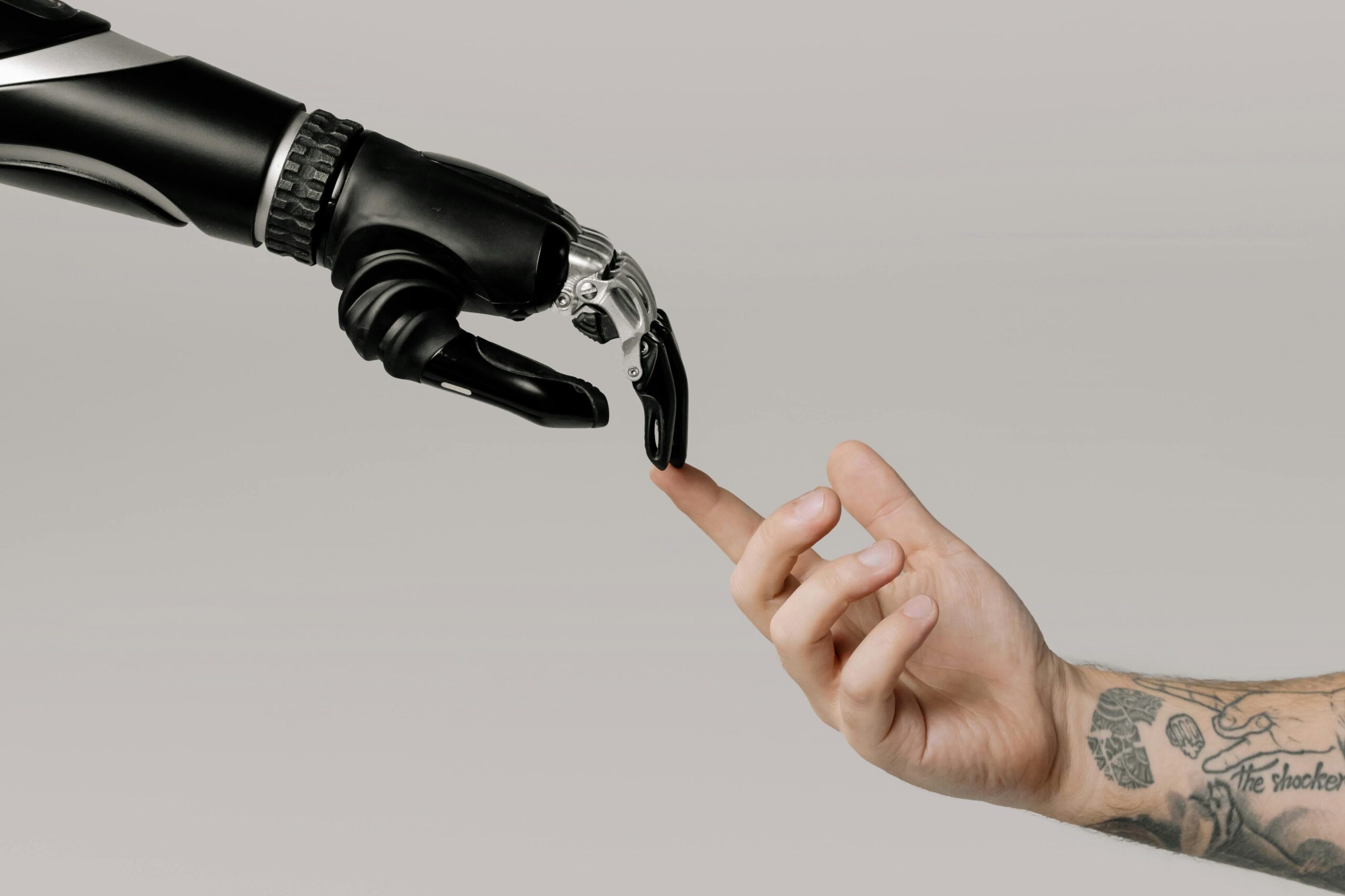AI in Surgery: How Robots Are Assisting Surgeons
The integration of Artificial Intelligence (AI) and robotics in surgery is revolutionizing the medical field. From performing intricate procedures to enhancing surgical precision, AI-powered robots are becoming indispensable in operating rooms worldwide.
In this article, we delve into the transformative role of AI in surgery, its benefits, and the future of robotic-assisted procedures.
1. What is AI-Assisted Surgery?
AI-assisted surgery combines robotic technology and artificial intelligence to improve the accuracy and efficiency of surgical procedures. Robots, guided by AI algorithms, support surgeons by:
- Enhancing visualization during operations.
- Performing complex movements with greater precision.
- Reducing human error in delicate procedures.
Systems like the da Vinci Surgical System have paved the way for minimally invasive and highly accurate surgeries.
2. The Benefits of AI in Surgery
AI and robotics offer numerous advantages that benefit both patients and healthcare providers:
a. Enhanced Precision:
AI-powered robotic arms can execute highly intricate movements, ensuring greater accuracy than human hands. This precision is critical in surgeries involving small, delicate structures, such as in neurosurgery or cardiac procedures.
b. Minimally Invasive Procedures:
Robotic systems enable smaller incisions, reducing:
- Recovery time.
- Post-operative pain.
- Risk of infections.
c. Real-Time Data Insights:
AI analyzes data in real time to provide surgeons with critical insights during procedures, such as identifying at-risk areas and predicting complications.
d. Scalability and Consistency:
Robots ensure standardized procedures, reducing variability in surgical outcomes and improving overall efficiency.
3. Applications of AI in Surgery
AI is transforming multiple surgical specialties:
a. Orthopedic Surgery:
AI-assisted robots like MAKO Surgical Robots are used for joint replacements, offering unmatched precision in cutting and implant positioning.
b. Neurosurgery:
Systems like ROSA (Robotic Stereotactic Assistance) help surgeons navigate complex brain surgeries with unparalleled accuracy.
c. General Surgery:
Robotic systems are widely used in procedures like hernia repairs, gallbladder removals, and gastrointestinal surgeries, ensuring better outcomes.
4. How Surgeons and Robots Collaborate
AI-powered robotic systems don’t replace surgeons—they enhance their capabilities. Surgeons control the robots, while AI provides:
- Augmented Reality (AR): Assists in visualizing internal structures.
- Machine Learning Insights: Analyzes patient data to guide surgical decisions.
- Error Reduction Alerts: Flags potential risks during procedures.
This collaboration ensures the best of human expertise and technological precision.
5. Challenges and Ethical Considerations
While AI in surgery holds immense promise, it also presents challenges:
a. Cost:
Robotic systems are expensive to purchase and maintain, limiting accessibility in low-resource settings.
b. Training:
Surgeons must undergo rigorous training to use robotic systems effectively.
c. Ethical Concerns:
Decisions made by AI during surgeries raise questions about liability and accountability.
d. Data Privacy:
Handling sensitive patient data requires robust cybersecurity measures to prevent breaches.
6. The Future of AI in Surgery
As technology advances, AI in surgery is expected to become more sophisticated:
- Autonomous Surgeries: AI may assist in performing certain routine procedures independently under human supervision.
- Improved Predictive Analytics: Enhanced algorithms will predict outcomes with even greater accuracy.
- Global Accessibility: Cost reductions and streamlined technology may make robotic surgery available worldwide.
The integration of 5G networks is also expected to enable remote surgeries, connecting specialists with patients across the globe in real-time.
Conclusion
AI and robotics are not just assisting surgeons—they’re transforming the entire field of surgery. By improving precision, reducing recovery times, and enhancing outcomes, AI in surgery is paving the way for a healthier future.
As the technology evolves, the collaboration between human expertise and AI will continue to push the boundaries of what’s possible in healthcare.
Explore AI’s Role in Healthcare: Revolutionizing Patient Care.


